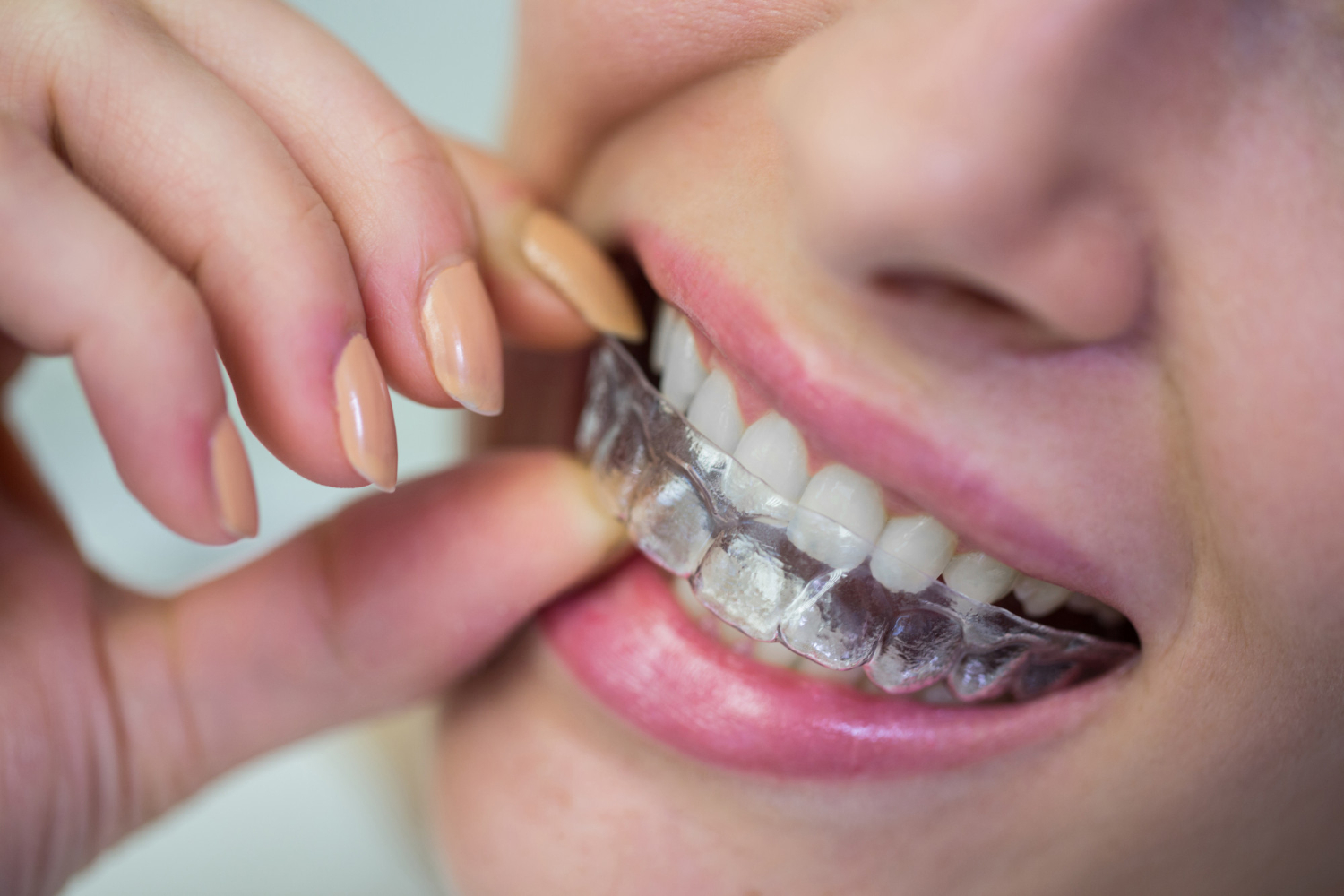Navigating the maze of ICD-10 (International Classification of Diseases, 10th Revision) codes can be a daunting task for healthcare professionals.
These codes are pivotal for accurate medical billing, insurance claims, and ensuring that patients receive appropriate care. Among the many ICD-10 codes, Z71.3 stands out, particularly when discussing its compatibility with cholesterol diagnosis codes.
In this guide, we will demystify whether you can use Z71.3 with a cholesterol diagnosis code and how to do it correctly.
Table of Contents
ToggleWhat is Z71.3?
Z71.3 is an ICD-10 code used for dietary counseling and surveillance. This code is crucial in medical practice as it encompasses the activities performed by healthcare providers when offering patients dietary advice and monitoring their nutritional status.
Dietary counseling and surveillance can be particularly significant for managing various health conditions, including hypercholesterolemia (high cholesterol levels).
When and Why Z71.3 is Used
Z71.3 is typically used when healthcare professionals provide dietary advice to help patients manage their conditions. For instance, a dietitian may use this code after counseling a patient on how to modify their diet to lower cholesterol levels.
The goal is to offer structured guidance on nutrition that can positively impact the patient’s overall health.
Importance of Dietary Counseling and Surveillance
Dietary counseling and surveillance are essential components of preventive healthcare. They help patients make informed choices about their diet, which can lead to improved health outcomes. For individuals dealing with high cholesterol, dietary modifications can significantly reduce the risk of cardiovascular diseases.
Understanding Cholesterol Diagnosis Codes
Cholesterol is a waxy substance found in your blood. While your body needs cholesterol to build healthy cells, having high levels can increase the risk of heart disease. Cholesterol-related health conditions are coded under the ICD-10 system to ensure precise diagnosis and treatment.
Common Cholesterol ICD-10 Codes
Here are some of the frequently used ICD-10 codes related to cholesterol:
- E78.0 – Pure hypercholesterolemia
- E78.1 – Pure hyperglyceridemia
- E78.2 – Mixed hyperlipidemia
- E78.4 – Other hyperlipidemia
- E78.5 – Hyperlipidemia, unspecified
Purpose of These Codes
These codes help healthcare providers diagnose and treat cholesterol-related conditions accurately. They also play a pivotal role in tracking public health trends and ensuring that patients receive the care they need.
Can I Use Z71.3 with a Cholesterol Diagnosis Code?
The short answer is yes. You can use Z71.3 in conjunction with cholesterol diagnosis codes. However, there are specific guidelines and best practices to follow to ensure accurate coding and billing.
ICD-10 Guidelines
According to ICD-10 guidelines, Z71.3 can be used alongside cholesterol diagnosis codes to indicate that dietary counseling and surveillance were part of the patient’s care plan.
This combination allows healthcare providers to document both the patient’s condition and the interventions made to manage it.
Why It Works
Combining Z71.3 with cholesterol diagnosis codes helps create a comprehensive picture of the patient’s health status and the measures taken to address it. This approach is beneficial for both patient care and administrative purposes, ensuring that all aspects of the patient’s treatment are accurately recorded.
Official References
For the most accurate and up-to-date information, healthcare providers should refer to the official ICD-10 coding guidelines and any updates from relevant health authorities.
Benefits of Using Z71.3 with Cholesterol Diagnosis
There are numerous advantages to using Z71.3 in conjunction with cholesterol-related ICD-10 codes:
Enhanced Patient Care
Documenting dietary counseling alongside cholesterol diagnosis codes facilitates holistic patient care. This approach ensures that patients receive comprehensive advice on managing their condition, leading to better health outcomes.
Improved Record Keeping
Accurate coding and documentation are essential for maintaining thorough medical records. Combining Z71.3 with cholesterol diagnosis codes helps healthcare providers keep detailed records of patient interventions.
Streamlined Billing
Using Z71.3 with cholesterol diagnosis codes can simplify the billing process. It ensures that all services provided to the patient are accounted for, reducing the likelihood of billing errors or denied claims.
Steps to Properly Code Z71.3 with Cholesterol Diagnosis
Correctly using Z71.3 with cholesterol diagnosis codes involves several steps:
Step-by-Step Guide
- Identify the Patient’s Condition: Begin by diagnosing the patient’s cholesterol-related condition using the appropriate ICD-10 code (e.g., E78.0 for pure hypercholesterolemia).
- Provide Dietary Counseling: Offer dietary counseling and surveillance tailored to the patient’s needs.
- Document the Services: Record the dietary counseling and surveillance provided using the Z71.3 code.
- Combine the Codes: Ensure that Z71.3 is used in conjunction with the relevant cholesterol diagnosis code in the patient’s medical records and billing documents.
Tips on Documentation
Accurate documentation is crucial for effective coding. Make sure to:
- Clearly note the dietary counseling provided.
- Include specific recommendations made during the session.
- Record the patient’s response and any follow-up plans.
Avoiding Common Pitfalls
To avoid common coding errors:
- Double-check that both Z71.3 and the cholesterol diagnosis code are included.
- Ensure that the counseling provided is adequately documented.
- Stay updated on any changes to ICD-10 coding guidelines.
Real-Life Examples
To illustrate the practical application of using Z71.3 with cholesterol diagnosis codes, let’s look at some real-life scenarios:
Case Study 1: High Cholesterol Management
A patient diagnosed with pure hypercholesterolemia (E78.0) receives dietary counseling aimed at reducing saturated fat intake. The healthcare provider documents the session using Z71.3, alongside the cholesterol diagnosis code.
Case Study 2: Integrating Dietary Counseling
A patient with mixed hyperlipidemia (E78.2) attends a series of dietary counseling sessions focused on balanced nutrition and weight management. Each session is coded with Z71.3 in combination with the cholesterol diagnosis code.
Case Study 3: Successful Billing
A dietitian provides dietary counseling to a patient with other hyperlipidemia (E78.4). The services are accurately documented and billed using both Z71.3 and the cholesterol diagnosis code, resulting in successful reimbursement.
Conclusion
Accurately using ICD-10 codes like Z71.3 in conjunction with cholesterol diagnosis codes is essential for providing comprehensive patient care, maintaining precise medical records, and ensuring smooth billing processes. By understanding and applying these codes correctly, healthcare providers can enhance patient outcomes and streamline administrative tasks.
For more articles on medical coding and billing, subscribe to our blog. If you need professional coding assistance, our team is here to help. Reach out to us for expert guidance and support in navigating the complexities of ICD-10 coding.
FAQs
When Should Z71.3 Be Used?
Z71.3 should be used whenever dietary counseling and surveillance are provided as part of patient care. This can include counseling on nutrition, weight management, and dietary modifications to manage specific health conditions.
What is the ICD-10 Code for Dietary Counseling Z71.3?
Z71.3 is the ICD-10 code for dietary counseling and surveillance. It is used to document any dietary advice and monitoring provided by healthcare professionals.
What ICD-10 Code Covers Cholesterol?
The primary ICD-10 codes for cholesterol-related conditions include:
- E78.0 – Pure hypercholesterolemia
- E78.1 – Pure hyperglyceridemia
- E78.2 – Mixed hyperlipidemia
- E78.4 – Other hyperlipidemia
- E78.5 – Hyperlipidemia, unspecified
Different codes cover specific aspects of cholesterol-related health issues.
What is the Code for Elevated Cholesterol?
The specific ICD-10 code for elevated cholesterol is E78.0, which stands for pure hypercholesterolemia. This code is used to diagnose and treat high cholesterol levels.









